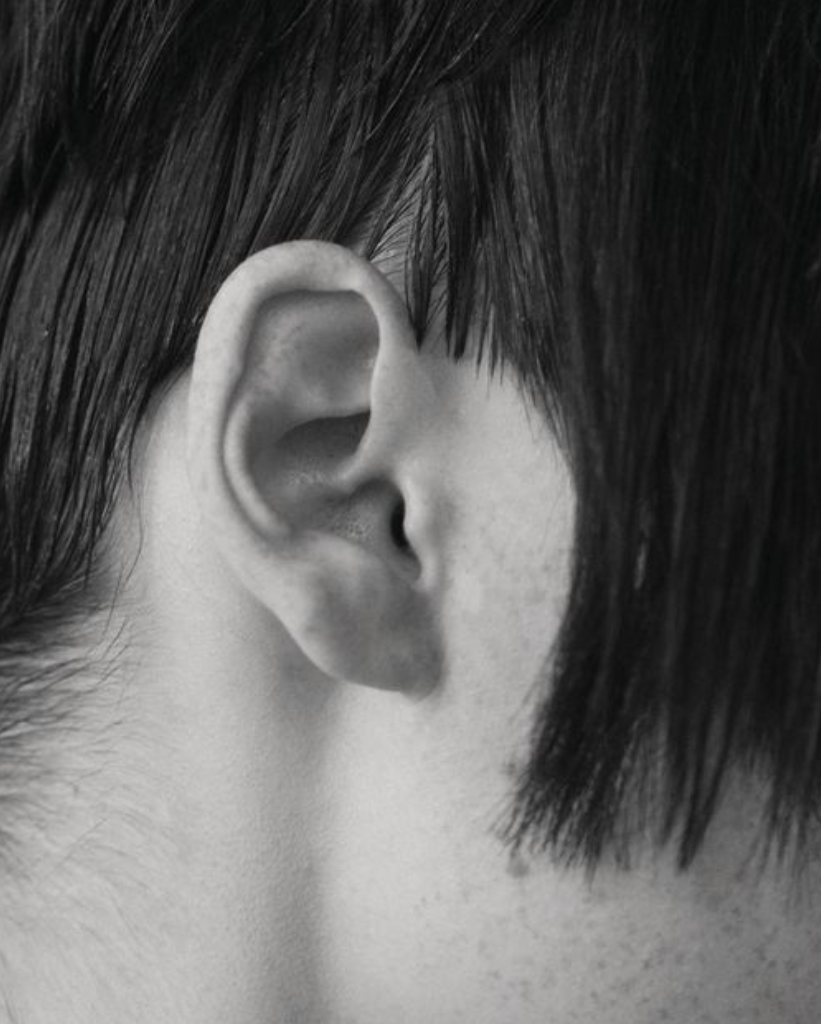OBSESSIVE COMPULSIVE DISORDER
Obsessive-Compulsive Disorder (OCD) is a mental health condition characterized by two main components: obsessions and compulsions. Obsessions are intrusive and unwanted thoughts, images, or urges that cause significant distress. Compulsions are repetitive behaviors or mental acts that a person feels driven to perform in response to their obsessions, often aimed at reducing the distress caused by the obsessions or preventing a feared event or situation. Despite providing temporary relief, compulsions typically do not bring about any realistic solutions and can become time-consuming and interfere with daily life.
Neurodivergence is a concept that recognizes and celebrates the natural variation in human neurocognitive functioning. It suggests that neurological differences, including conditions like autism, ADHD, dyslexia, and yes, OCD, should be seen as part of the natural diversity of human experiences rather than as inherently negative or pathological conditions.
In summary, the intersection of OCD and neurodivergence involves recognizing the natural diversity of human experiences and addressing OCD in a way that supports individuals' well-being, while also acknowledging their strengths and unique perspectives. This approach encourages a more inclusive and empathetic society that values the contributions of all individuals, regardless of their neurocognitive differences.

When considering the intersection of OCD and neurodiversity, there are a few important points to consider:
- Diversity of Experiences: Just as with other neurological conditions, OCD varies widely in how it affects individuals. Some people with OCD may experience relatively mild symptoms that don't significantly impact their lives, while others might struggle with severe obsessions and compulsions that greatly interfere with their daily functioning.
- Acceptance and Support: The neurodivergence perspective promotes acceptance and understanding of people with different neurological profiles, including those with OCD. Instead of focusing solely on "fixing" or eradicating OCD, the emphasis is on providing support, accommodations, and promoting overall well-being.
- Challenges and Strengths: People with OCD, like those with other neurodivergent conditions, often possess unique strengths and talents. While OCD can bring challenges, such as managing anxiety and intrusive thoughts, individuals may also have enhanced attention to detail, problem-solving abilities, and strong empathy.
- Avoiding Stigmatization: The neurodivergent approach encourages society to move away from stigmatizing or pathologizing individuals with conditions like OCD. It aims to reduce the negative attitudes and stereotypes surrounding mental health conditions, allowing people to seek help without fear of judgment.
- Treatment and Support: The neurodivergent perspective doesn't dismiss the need for treatment or support. Instead, it promotes person-centered approaches that prioritize the individual's well-being and preferences. This might involve a combination of therapy, medication, lifestyle adjustments, and other strategies.
- Choice and Identity: Neurodivergence also respects individuals' autonomy and right to self-identify. Some people with OCD might find their condition to be an important part of their identity, while others might see it as something they want to manage or reduce.

